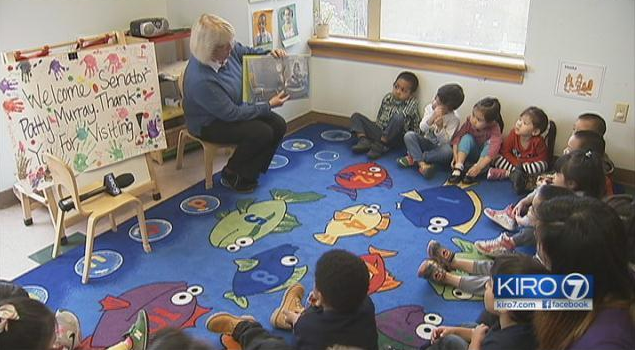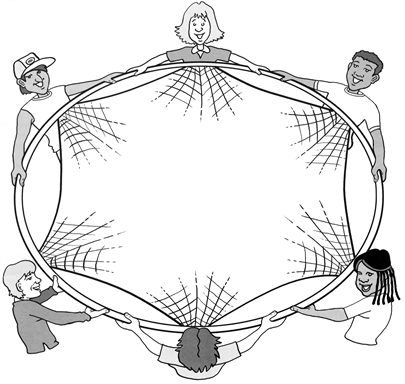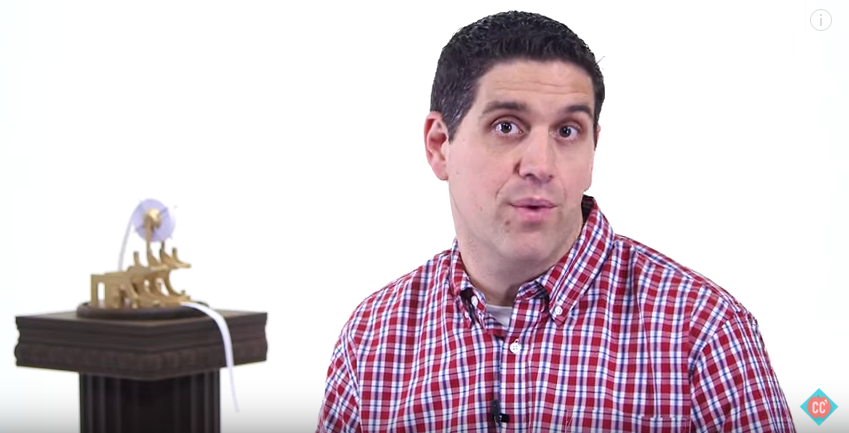We’re back for the FINAL CHAPTER of this very important 3-part blog post. Here is the video if you’ve missed it. In parts 1 and 2, we talked about the causes and effect of income inequality, and today we will talk about solutions.
It should be stressed that we are now leaving the world of economics. Economics explains how X causes Y, but it does not say what X or Y should be. We are diving into the world of policy prescriptions to reduce income inequality, but since Crash Course did it, so shall we.
What Should Be Done About Income Inequality?
So, how do we address this inequality? There’s not a lot of agreement on this. Some argue that education is the key to reducing the gap. Basically, workers with more and better education tend to have the skills that earn higher income. Some economists push for an increased minimum wage, which we’re going to talk about in another episode. There’s even an argument that access to affordable, high quality childcare would go a long way. And some think governments should do more to provide a social safety net, focus on getting more people to work and adjust the tax code to redistribute income.
Education

I talked about this in part 2, but education (which, in the context of this episode, means schooling) often does not lead to increased skills learning. In fact, it doesn’t necessarily lead to improvements in any knowledge, skills-based or not.
In recent years, the push for more education really means greater access to government student loans. Many students are now graduating college with a increasingly meaningless degree, few skills, and a lot of debt.
However, this should not be a knock on real skill-based education. Trade schools and free online programs like Free Code Camp can actually give people the skills to create real value for an employer without all the debt associated with regular college.
High Quality Childcare

Although Crash Course doesn’t flesh out this argument, I’m going to assume that it goes like this: a lot of households have skills and would be working, but they cannot afford childcare, so the government should supply child care for them so the parents can get out and work.
This, in theory, would work to reduce income inequality, if that is the only goal. However, you would run the risk of creating another enormous government institution that would rival the public school system. And if public schools are any indicator, they will be far from “high quality”.
Free market economists might suggest tax breaks for childcare facilities, which would allow them to reduce their costs and thus their price, making their services more affordable for people without compromising quality.
Bigger Social Safety Net

The United States currently spends more on the social safety net (as a percentage of GDP) than every other country except France, but Crash Course points out that some argue that increasing the safety net further would reduce income inequality.
Crash Course did not flesh out this argument either, but it goes like this: the safety net helps people who are unemployed get back on their feet and into the job market. If the net weren’t there, people would stay in unemployed and in poverty, and it would be harder to get back out into the job market.
However, wealth inequality has increased the greatest since the largest social welfare programs were put in place in the 1960’s. Free market economists argue that this is because the social safety net allows people to get by (in poverty) without working. Although jobs may be available, some people choose not to work, since the amount of time spent working would not be worth the marginal improvement in income (since this person would lose his/her safety net upon employment). Many economists argue that the social safety is doing more to further income inequality than solve it.
Political Scientists and Sociologists tend to dislike this economic theory about welfare spending, but it is certainly prevalent among economists. I am surprised that Crash Course would advocate for something that runs contrary to most of mainstream economic thought.
Should Something Be Done about Income Inequality?
The question economists love is “compared to what?” Crash Course speaks in depth about what income inequality is, how it’s caused, and what should be done about it, but there is absolutely no consideration given to the negative economic effects of wealth redistribution, especially since this supposed to be an economics program.
Capital
We have mentioned this in a number of other posts, but the idea of capital is really important here. Capital goods is what brings about widespread material wealth. The current abundance in automobiles, air conditioners, and even smartphones is because people invested money in capital goods, such as research and development for new technologies and machinery to make those goods more cheaply.
Redistributing income from the rich to the poor also shifts spending from capital goods to consumer goods (food, TVs, couches, etc.). As a result, less money is invested into capital goods, meaning fewer technologies are developed and made cheaply for future consumption.
Material Wealth vs. Bank Accounts
Income inequality is certainly greater than it’s ever been, but material wealth inequality is the smallest it’s ever been, which also deserves some recognition. Today the average person living in poverty might have a beat up car, while the rich person drives a Mercedes. This may seem like a significant difference today, but can you imagine what the difference was a century ago? A person living in poverty would have no car while the rich man would have a car. That’s enormous.
These improvements in material wealth come from investments in capital goods, and while wealth redistribution may be a good idea from a sociological or policy perspective, it would not be good for the future economy.

Right now, [the highest tax bracket] peaks at around 40%, but some economists call for increases up to 50 or 60%.
When any economist calls for increasing taxes, he/she is not saying that the money would be more efficiently spent by the government, but rather that the negative effects of the tax increase (decrease in capital goods investments, inefficiently spent money) are outweighed by the predicted social gains in the economist’s opinion. In these cases, the economist wears two hats: one of an economist and one of a sociologist. The economist explains how something can cause something else, without interjecting their personal policy perspectives on how society should be organized. The sociologist, on the other hand, weighs potential benefits and detriments of particular policies, and usually comes out advocating for one side or the other.
Crash Course does the same thing throughout this video. While keeping the series primarily focused on economics, Crash Course frames their questions in a way that show their sociological or political bias. The question “Should the top income tax be 40% or 60%?” eliminates any discussion about how society might be more equal (at least in material terms) with a tax rate of less than 40% (or more than 60% for that matter).
I do wish that Crash Course would distinguish their discussion of economics from their discussions of social policy proposals or morality (i.e. what “should be okay”). It would help clarify for the audience what the field of economics is, and what it is not.
Phew! What an episode. Feel free to post your thought on the episode (or my critique) in the comments section. And don’t forget to join our newsletter and our facebook group!

